India declares seven days of mourning for Manmohan Singh as global leaders pay tribute
India's former prime minister passed away at the age of 92 on Dec 26
Dubai Desk
The Dubai Desk reports on major developments across the UAE, covering news, culture, business, and social trends shaping the region.
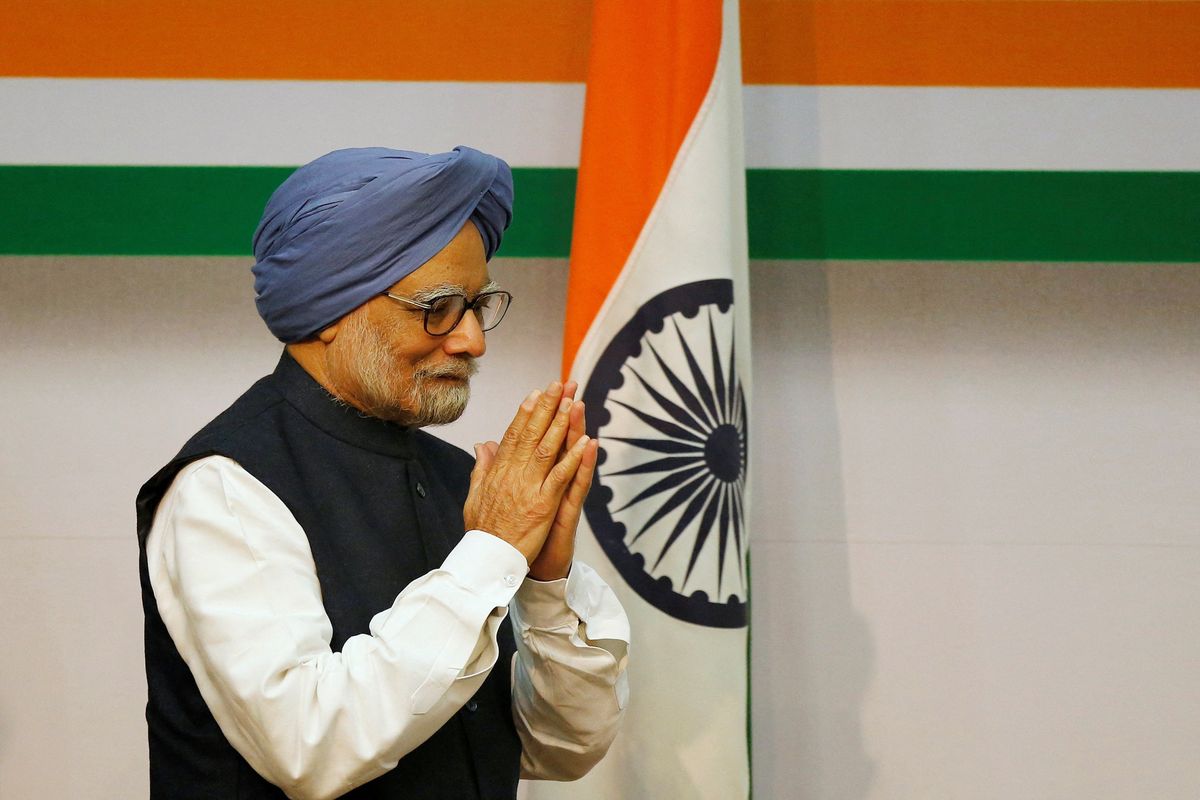
Former PM Manmohan Singh's contributions are widely recognized, with many considering him the architect of modern India's economic framework.
Reuters
India has announced seven days of state mourning on Friday after the death of former prime minister Manmohan Singh, one of the architects of the country's economic liberalization in the early 1990s.
Singh, the first Sikh to serve as India's Prime Minister, held office from 2004 to 2014, completing two rare terms in office, died at the age of 92 late on Thursday evening at a hospital in New Delhi.
The Indian government said in a statement on Friday, with mourning running until January 1.
"As a mark of respect for the departed dignitary, it has been decided that seven days of state mourning will be observed throughout India,"
"It has also been decided that the state funeral will be accorded to late Dr. Manmohan Singh," it said, with the national flag fluttering at half-mast on official buildings across the country.
As Finance Minister in the early 1990s and Prime Minister from 2004 for a decade, Dr. Singh’s reforms dismantled restrictive state controls, opened up India’s economy, lifted millions out of poverty, and secured India’s status as a nuclear-armed ally recognized by the West.
Here’s how leaders from India and around the world reacted to the former premier's passing:
Paid tributes to Dr. Manmohan Singh Ji at his residence. India will forever remember his contribution to our nation. pic.twitter.com/nnNZjiSowN
— Narendra Modi (@narendramodi) December 27, 2024
Former Prime Minister Dr. Manmohan Singh is no more.
He had served as the Governor of RBI and as Finance Minister of India. Presented the milestone budget of 1991 which liberalised the Indian economy.
Respected by all, he was soft-spoken and gentle.
Condolences to his family… pic.twitter.com/akxQOYrMPl
— Nirmala Sitharaman (@nsitharaman) December 26, 2024
Manmohan Singh Ji led India with immense wisdom and integrity. His humility and deep understanding of economics inspired the nation.
My heartfelt condolences to Mrs. Kaur and the family.
I have lost a mentor and guide. Millions of us who admired him will remember him with the… pic.twitter.com/bYT5o1ZN2R
— Rahul Gandhi (@RahulGandhi) December 26, 2024
Deeply saddened by the demise of India’s former Prime Minister
Dr. Manmohan Singh ji. He played a key role in rebuilding India’s economy during difficult times. He was widely respected for his service and intellect. His contribution to India’s progress will always be remembered.…
— Rajnath Singh (@rajnathsingh) December 26, 2024
Profoundly stunned and saddened by the sudden demise of our former Prime Minister Manmohan Singh ji.
I had worked with him and saw him from very close quarters in the Union Cabinet. His erudition and wisdom were unquestionable, and the depth of the financial reforms ushered in…
— Mamata Banerjee (@MamataOfficial) December 26, 2024
Abdulla Shahid, the former President of Maldives, expressed his condolences.
Deeply saddened to hear of the demise of former Prime Minister of India Dr Manmohan Singh.
I fondly recall his visit to the Maldives in 2011, where I, as then Speaker of Parliament, invited him to address a sitting of the Majlis - the first Head of State/Government to do so.… pic.twitter.com/lR5i3Ljteg
— Abdulla Shahid (@abdulla_shahid) December 26, 2024
Former Canadian prime minister Stephen Harper expressed his profound sadness.
I am saddened to learn of the passing of my former colleague, Prime Minister Manmohan Singh. He was an individual of exceptional intelligence, integrity, and wisdom. Laureen and I wish to convey our condolences to all his family and friends.
— Stephen Harper (@stephenharper) December 26, 2024
Former Afghan President Hamid Karzai described Manmohan Singh as 'India's most illustrious sons'.
#India has lost one of its most illustrious sons. #Dr_Manmohan_Singh was an unwavering ally and friend to the people of #Afghanistan. I profoundly mourn his passing and extend my deepest condolences to his family, the government, and the people of India.
May his soul find… pic.twitter.com/ZrY5bCFVIR
— Hamid Karzai (@KarzaiH) December 26, 2024
Born on September 26, 1932, in Gah, Punjab (now in Pakistan), Dr. Singh's remarkable journey took him from being an academically gifted student in a village without electricity to becoming one of India's most influential leaders.
After graduating with First-Class Honors in Economics from the University of Cambridge in 1957, he went on to earn a D.Phil. in Economics at Oxford. Singh began his career in academia, teaching at Punjab University and the Delhi School of Economics, before transitioning to public service.
His contributions are widely recognized, with many considering him the architect of modern India's economic framework.


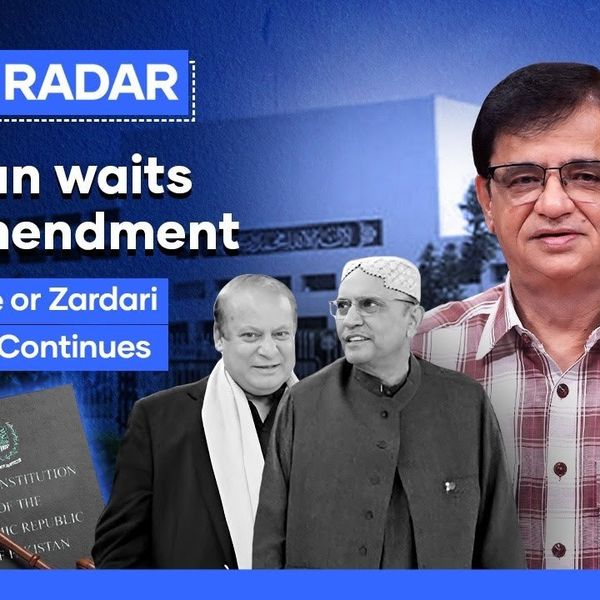
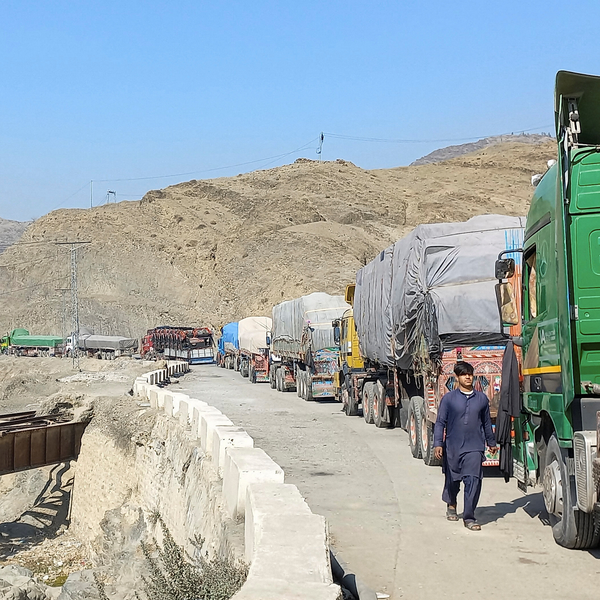
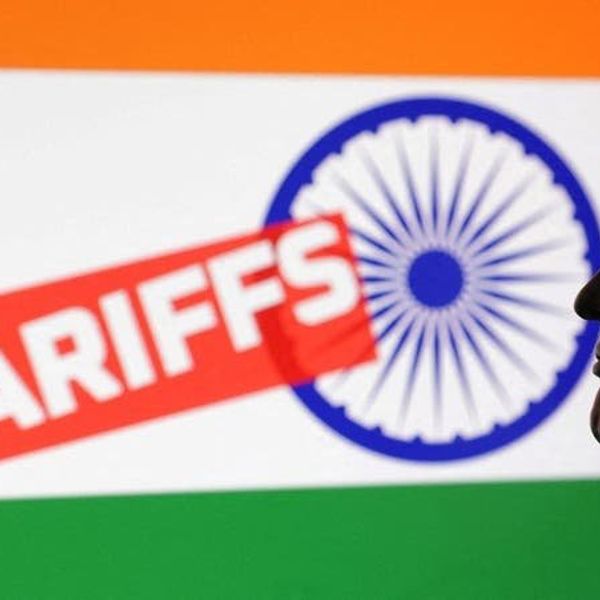
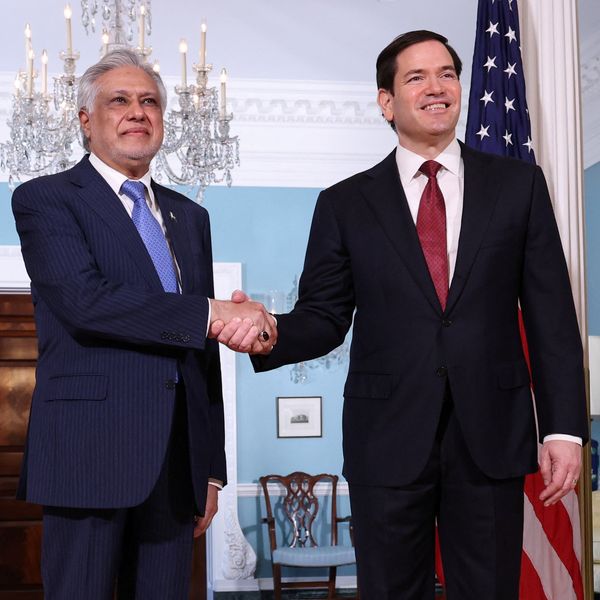




Comments
See what people are discussing